Governor Bryan Signs Agreement With Northeast Maritime Institute
For USVI to Become Nation’s First International Open Ship Registry
U.S. VIRGIN ISLANDS — While he is in Washington, D.C., for the National Governors Association conference and other meetings with a number of federal officials, Governor Albert Bryan Jr. signed a Memo of Understanding (MOU) with the Northeast Maritime Institute to implement a maritime initiative that will make the U.S. Virgin Islands the first international open ship registry in the United States.
“This is a partnership with local, national and global implications that will increase the strategic importance of the Virgin Islands to the country’s maritime industry,” Governor Bryan said before a signing ceremony on Tuesday in the nation’s capitol. “In addition to the economic boost and jobs it will bring to the Territory, it gives the United States a commercially strategic ship registry in the Caribbean and will enhance and boost the global supply chain.”
The “Revitalization Plan for US Maritime Trade, Commerce and Strategic Competition” is designed to provide economic stability and environmental protection, as well as to revitalize the position of the United States as a major competitor in international maritime trade and commerce while enhancing national security, both domestically and internationally, according to the Northeast Maritime Institute, a private, coeducational maritime college that offers degrees in Maritime Science.
Governor Bryan delivers remarks prior to the official signing of an agreement that will make the U.S. Virgin Islands the first international open ship registry in the United States.
Because the Territory is fully exempt from the Jones Act, which requires that the majority of crew members on ships passing between U.S. ports be American and sets forth other regulations, it is uniquely positioned to be an international open registry port.
In addition to creating an international open registry in the USVI, the Revitalization Plan includes:
• Developing a short sea transshipment hub in the Caribbean to alleviate supply chain congestion by moving a portion of east coast distribution from land to sea and increasing the number of ports importing goods from overseas.
• Building public/private/international partnerships to address strategic maritime issues, increase transparency and enforce legal and ethical standards.
• Establishing and implementing a green shipping strategy, including decarbonization of the U.S.-flagged fleet.
• Establishing a Maritime Venture Capital Fund to finance commercially advanced technologies that solve maritime and ocean industry problems with a focus on environmental vulnerabilities.
• Modernizing the maritime workforce by deploying state of the art education and training tools in the US and abroad.
